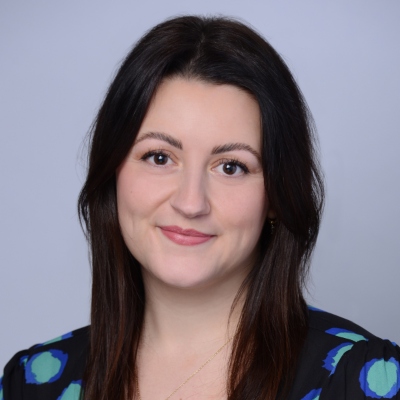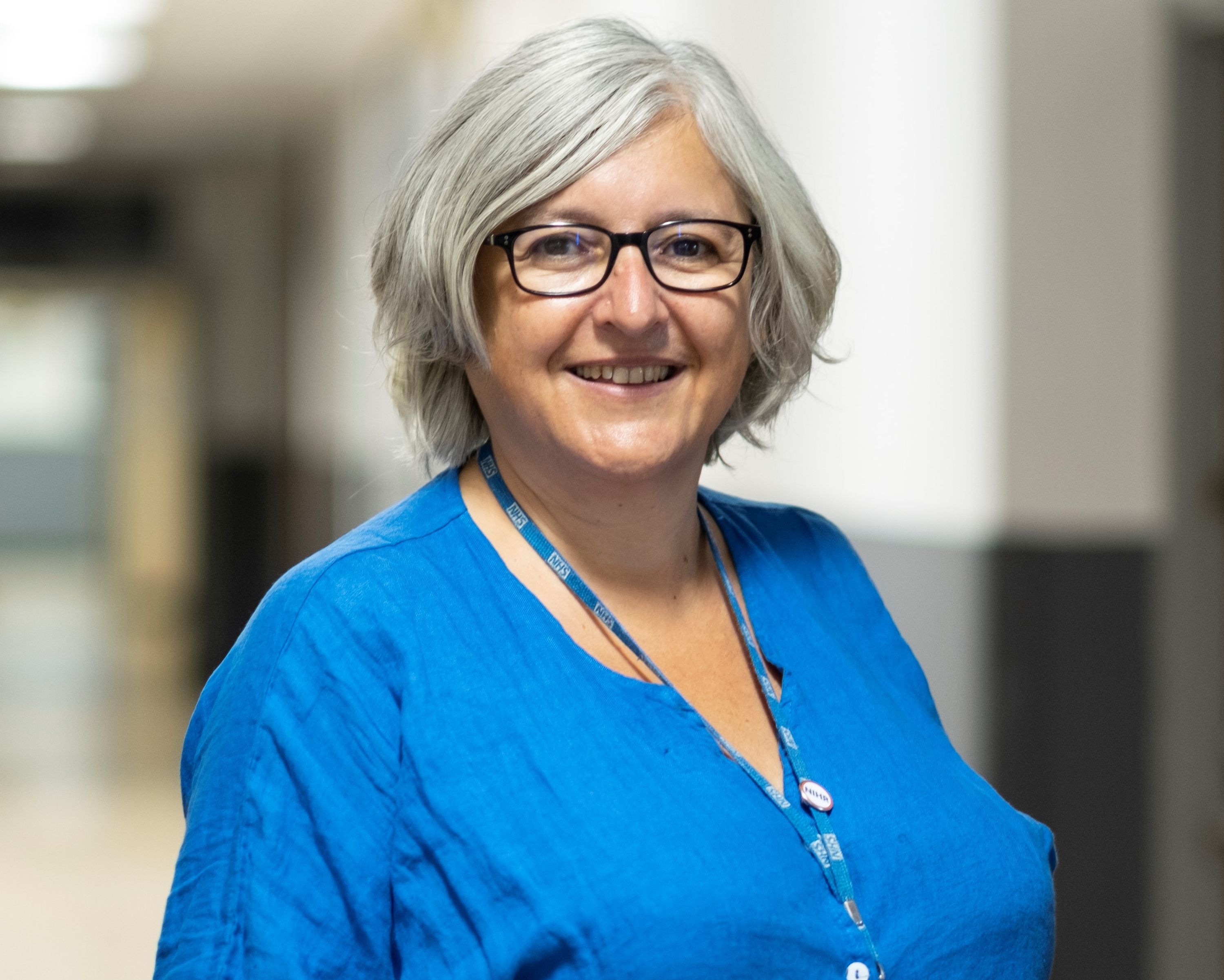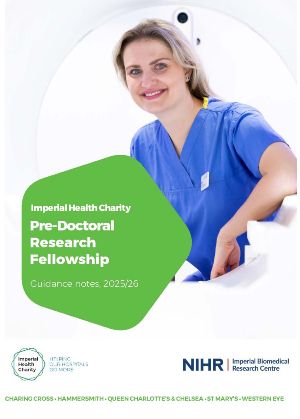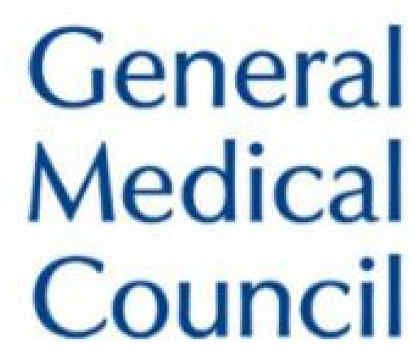RESEARCH: SURVEILLANCE OF PREMALIGNANT CONDITIONS AND DISEASES AT RISK OF DEVELOPING CANCER
 How did you get into research?
How did you get into research?
Unintentionally! I never set out to involve research in my career, but I love learning new things and asking questions. Research is the perfect combination of the two. At the end of my ultrasound training, I completed my MSc which involved a research project. After this I was fortunate to be mentored by the deputy director of research in Portsmouth who was a clinical academic Nurse. She encouraged me to apply for fellowships and internships to develop more research questions, which ultimately led to my PhD application and the rest is history.
What do you enjoy about research?
I enjoy the mix of being involved in research as a clinician and am passionate about evidence-based practice, seeing gaps in evidence base in clinical practice and developing a study that aims to fill that gap feels really rewarding. I also enjoy what research has done for me in my clinical role and how it has improved different skills. My PhD focussed on patient experience, having an insight into what it is like for a patient living with certain conditions and hearing the influence of clinical interactions really makes you rethink how you act and what you say to patients in your clinical role.
What was the most difficult aspect of doing your PhD?
Someone once said that a PhD is like training to undertake a marathon. During the fellowship there were challenging long periods where it felt like you had miles to go and so much to do which can be overwhelming, particularly when I was also balancing my clinical role (and the COVID pandemics!). Going from a novice to an expert takes a big learning curve and getting constant feedback from supervisors and peers to progress. It pushed my resilience and perseverance to the limits.
What difference has your research training and experience made to your career?
Developing a role that involves research is an ongoing challenge for all clinical academic researchers. Despite this research training and experience has given me a great sense of purpose and a goal beyond personal gain, it has brought more variety to my career which has opened up opportunities to work with wonderful people all over the world. I have a much greater sense of job satisfaction, with a pride in having an increased skill mix and feeling of achievement when your research is starting to make a difference to patients.
How has research changed your clinical practice?
My research has given me insights into how our behaviours as health care professionals can influence the experience of patients in their health journey. Quite often pressures from our jobs can mean that sometimes we forget that there is a person with a life aside from their diagnosis, but putting the patients at the centre of their care is crucial to improving the outcomes that patients care about.
What has made a difference to progressing your research career?
Surrounding myself with inspiring and supportive people who have encouraged me has made a big difference to my career so far. Successful funding applications has also made a huge impact in progressing my career, having the opportunity for protected time to undertake research has been crucial for undertaking research projects.
Where do you see your clinical academic career going over the next five years?
I am hopeful that over the next five years I continue to expand my research knowledge and experience, completing more research that is impactful and makes improvements to patients care and experiences. Addressing the lack of clinical researchers in Radiography and Sonography is something I would like to change over the next five years too, I think that radiographers and sonographers in clinical roles often see research as something separate from their roles and this isn’t true, so with the NIHR incubator I hope that we can start to change this!
Dr Ruth Reeve, Clinical Specialist GI Sonographer, SCoR Accredited Consultant Sonographer, Portsmouth Hospitals University NHS Trust
ruth.reeve@porthosp.nhs.uk
Useful links
Contact us
The CATO Team and Radiographers Incubator work on a Hybrid model, combining days in the office with days working from home – the best way to reach us is by email.
cato@imperial.ac.uk
radresearch@imperial.ac.uk
+44 (0)20 3313 7397



